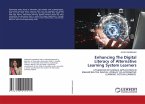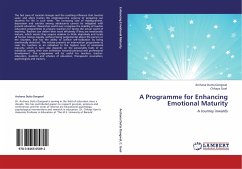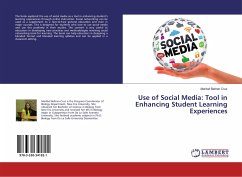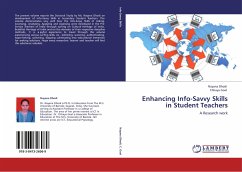Successful economies are a result of recognizing the role of information literacy (IL) as an essential competence for enhancing workplace productivity. According to the United States Department of Labour Secretary s Commission on Achieving Necessary Skills (SCANS), IL is one of the essential competencies for solid job performance (Cheuk, 2002:1; Amalahu, 2009:3). Similar realizations are evident in Europe, Australia, Singapore and South Africa, where IL is considered economically necessary (Cheuk, 2002:1). Developing countries suffer from general low utilization of the most important resources of the present time- information and knowledge- due to lack of IL skills (Pejova, 2002;1). Lack of these skills and efficient use of information and knowledge causes a waste of other resources and affects productivity in all spheres of life, which results into poor societies. Uganda s IL among university graduates needs enhancement because it has been rated among the 25 poorest countries inthe world (World Bank, 2007:1). This will make them innovative, creative and apply best practices in their situations for good quality services and production for the development of Uganda.
Bitte wählen Sie Ihr Anliegen aus.
Rechnungen
Retourenschein anfordern
Bestellstatus
Storno








